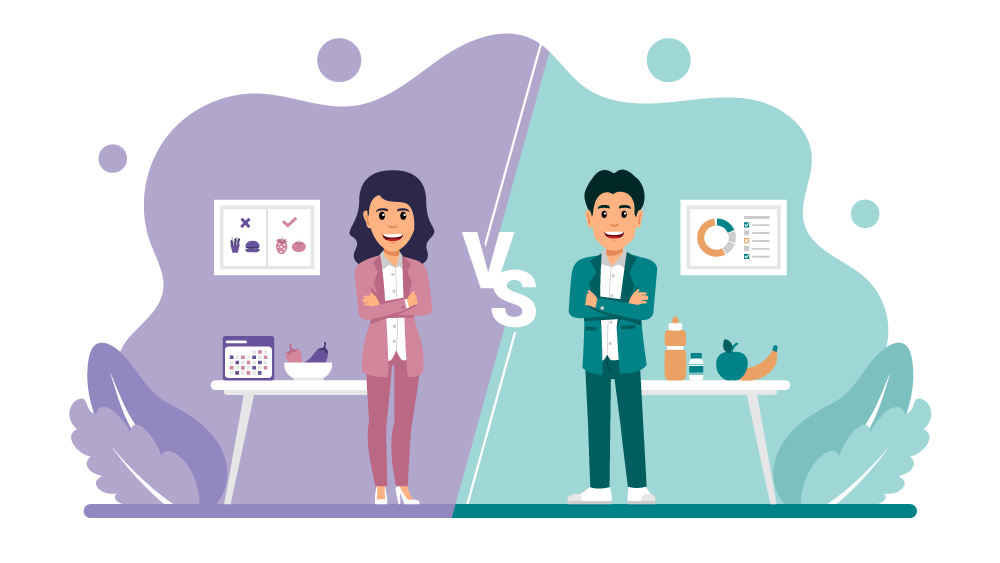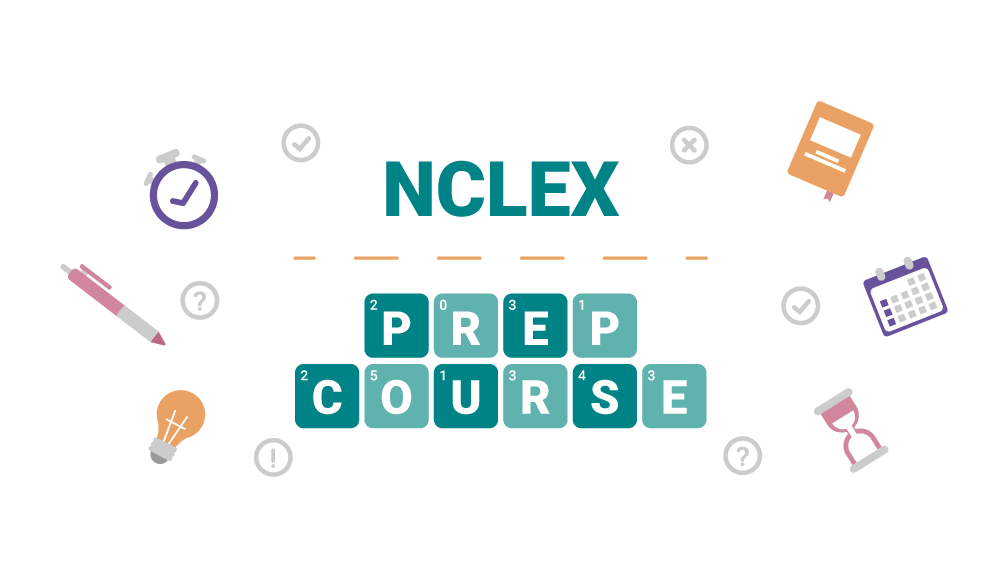Choosing to become a dietician or a nutritionist is a big step. Both careers can be very rewarding. Not only can you earn a nice living, but you can also help others.
Understanding the difference between a dietician and a nutritionist can help you make this decision. While they might seem interchangeable, they are not. These are two different professionals with some similarities.
Before you decide which career is right for you, it’s important to understand both. Let’s look at what both are and the differences between a dietician and a nutritionist.

What is a Dietician?
A dietician is a board-certified food and nutrition expert. They have the necessary education to provide advice about food, nutrition, and human health.
As a dietician, you will provide evidence-based medical nutrition therapy. It’s also common to provide nutritional counseling specific for each individual client you see.
There are several types of dieticians including:
- Clinical dieticians
- Inpatient dieticians
- Outpatient dieticians
- Food service management dieticians
- Research dieticians
Each of these careers is a bit different and may work in a different setting.
What is a Nutritionist?
While in many states anybody can be a nutritionist, regardless of education, other states require you to become a Certified Nutrition Specialist (CNS). With certification, you may have the ability to practice medical nutrition therapy, depending on your state.
You might also become a Licensed Dietician Nutritionist (LDN) in states, such as Florida, Illinois, Pennsylvania, Massachusetts, Maryland, and Alaska. This is a similar license as the CNS, but with a different name.
There is also such a thing as an uncredentialed nutritionist. This type of title is found in states that don’t require a certification. They may lack the training and expertise necessary to provide nutrition counseling. It’s best to become certified to ensure clients can see you have the training necessary to help them.
Dietician vs Nutritionist: The Differences
One of the main differences between a dietician and a nutritionist is found in the legal restrictions. You cannot call yourself a dietician without becoming registered with the Commission on Dietetic Registration (CDR). Technically, this makes you a registered dietician (RD).
Dieticians have more protection under the law. However, nutritionists are free from government regulation. In some states, you may need a license from the Board of Nutrition, but in other states, anybody can call themselves a nutritionist.
Along with the legal difference, there are a few other differences between a dietician and a nutritionist including:
- Salary – While dieticians and nutritionists often earn a similar salary, dieticians tend to have the ability to earn more. However, if you become a certified nutritionist, your earning potential is very similar.
- Broad vs. Specific – A nutritionist is a broader term referring to someone that helps with wellness and nutrition. A dietician is a more specific term that refers to someone that focuses more specifically on certain illnesses and therapies. While all registered dieticians are also nutritionists, not all nutritionists are registered dietitians.
- Limitations – Nutritionists are limited in many states. They cannot diagnose and treat illnesses like a dietician can. In some states, nutritionists can treat medical conditions, but they will need the proper licensing and certification.
While there are some differences between a dietician and a nutritionist, they are very similar careers.
Dietician vs Nutritionist: Choosing the Right Career
If you want to counsel people when it comes to a diet plan, you want to become a registered dietician. Those looking to diagnose and treat medical conditions or provide medical nutrition therapy should become a registered dietician.
In most states, a registered dietician is the only one of the two that can provide these services for individuals. While you can become a certified nutrition specialist, as a registered dietician, you will be able to do more for your clients. Even a CNS cannot prescribe nutrition therapy. Instead, they commonly teach the public about healthy diets and organize health programs.
Both careers are very rewarding options, but one may be better for you than the other. If you want to help individuals, become a registered dietician. If you prefer to design health programs for the public, become a certified nutrition specialist.
Frequently Asked Questions About Dieticians and Nutritionists
What is the career outlook for dieticians and nutritionists?
Both titles have a strong career outlook. It’s expected that dieticians and nutritionists will see about an 11% growth rate over the next decade.
Do I need a degree to become a dietician?
If you want to become a registered dietician, you will need to meet the specific requirements of the Academy of Nutrition and Dietetics (ACEND). You will need to complete a nutritional science or a dietetics degree program to meet these requirements. Starting in 2024, you will also need a master’s degree.
Once you complete the necessary degree; you will also need to complete a dietician internship. This will require 900 to 1,200 practice hours under supervision. You may also need to take an exit exam.
Do I need a degree to become a nutritionist?
You will need to check your state requirements to find the proper answer to this question. However, in some states, you may need to get a nutritional sciences degree if you want to become certified.
Where will I work as a nutritionist or dietician?
It’s common for dieticians and nutritionists to work in a similar setting. Most will work in clinical settings including hospitals and outpatient clinics. Some of the most common places you will work as a dietician or nutritionist include:
- Hospitals
- Nursing Homes
- Long-term Care Facilities
- Outpatient Clinics
- Government Agencies
- Professional Sports Organizations
- Private Facilities
- School Districts
- Research Centers
You may also start your own wellness company.
Whether you decide to become a dietician or nutritionist, it’s best to become certified or registered. Without the proper credentials, you may struggle to find a job or clients for your own company. Choosing between these two careers may depend on how much education you want to go through and your specific state requirements.




